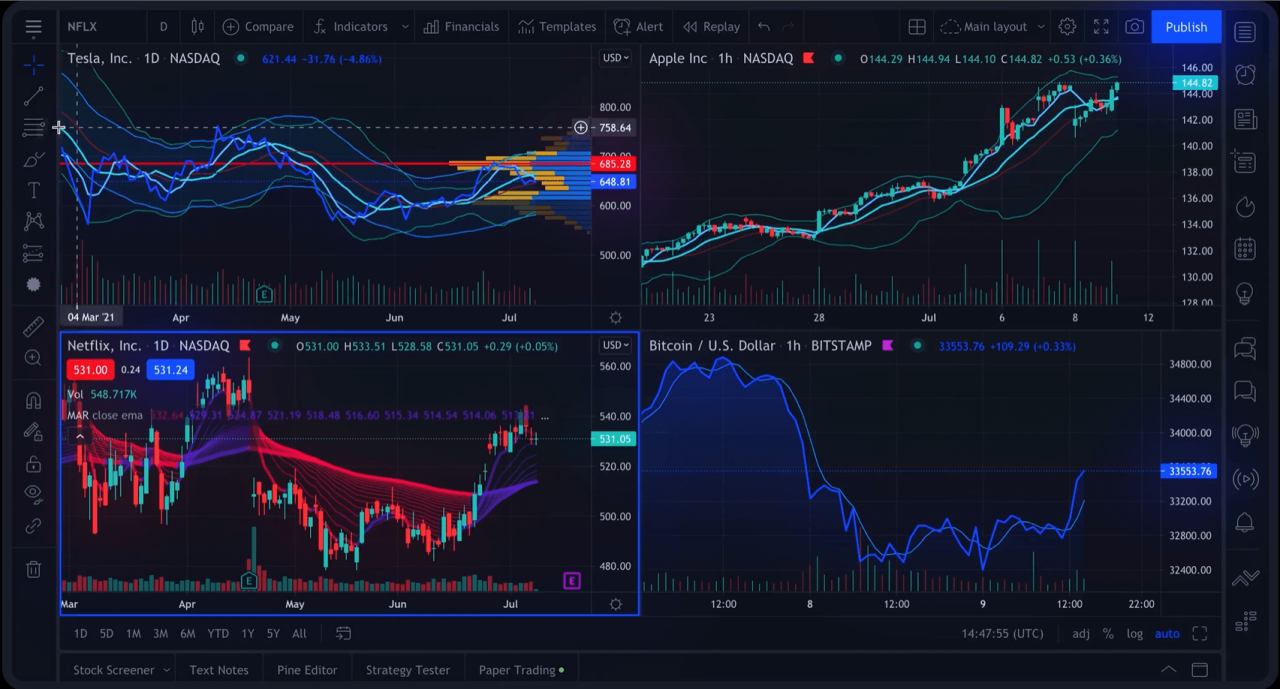When planning for retirement, selecting the right financial advisor is crucial. A trusted retirement advisor can help you navigate the complexities of investment strategies, tax implications, and future income needs. Here are essential steps to help you choose a retirement advisor that aligns with your future goals.
Understand Your Retirement Goals
Before searching for a retirement advisor, clarify your personal retirement goals. Are you aiming for a specific lifestyle, such as traveling or pursuing hobbies? Do you have a target retirement age? Understanding these objectives helps you convey your needs to potential advisors and ensures they align with your vision.
Research Credentials and Experience
Once you have a clear understanding of your retirement goals, begin researching potential advisors. Look for professionals with recognized credentials, such as:
- Certified Financial Planner (CFP)
- Chartered Financial Consultant (ChFC)
- Registered Investment Advisor (RIA)
These designations indicate that the advisor has undergone rigorous training and adheres to ethical standards. Additionally, consider their experience in retirement planning specifically, as this area requires specialized knowledge.
Evaluate Their Investment Philosophy
Each advisor has a unique investment philosophy that can significantly impact your portfolio. During initial consultations, ask about their approach to investment and risk management. Do they favor aggressive growth, or do they lean towards conservative strategies? Make sure their philosophy aligns with your risk tolerance and long-term goals.
Assess Their Fee Structure
Understanding how your advisor is compensated is vital for making an informed choice. Different fee structures may include:
- Fee-only: The advisor charges a flat fee or a percentage of assets under management, which aligns their interests with yours.
- Commission-based: The advisor earns commissions on the products they sell, which may lead to conflicts of interest.
- Fee-based: A combination of the two, where the advisor charges a fee and earns commissions.
Request a clear breakdown of all fees associated with their services. Choosing a fee-only advisor can help mitigate potential conflicts of interest and ensure transparency.
Check References and Reviews
Once you've narrowed down your options, check references and online reviews. Speak with current or former clients to gauge their experiences. This feedback can provide valuable insights into the advisor's communication style, reliability, and overall effectiveness. Online platforms like FINRA’s BrokerCheck can also offer information about the advisor's background and any regulatory issues.
Schedule an Initial Consultation
Most advisors offer a complimentary initial consultation. Use this opportunity to assess their communication style, willingness to listen, and ability to explain complex concepts in a way you understand. Ask questions about their experience with clients who have similar retirement goals. This meeting is also an excellent chance to discuss your financial situation and see how they would approach your specific needs.
Chart: Factors to Consider When Choosing a Retirement Advisor
| Factor | Importance |
|---|---|
| Credentials | High |
| Experience in Retirement Planning | High |
| Investment Philosophy | Medium |
| Fee Structure | High |
| Client References/Reviews | Medium |
| Communication Style | Medium |
Look for Ongoing Support and Communication
Your relationship with a retirement advisor should not end after your initial meeting. A trusted advisor will provide ongoing support and regular communication as your retirement journey progresses. Ask about their communication practices, including how often they will meet with you and how they will keep you informed about your investments.
Trust Your Instincts
Finally, trust your instincts. You should feel comfortable and confident in your advisor's ability to help you achieve your retirement goals. If something feels off, don’t hesitate to continue your search. The right advisor will inspire confidence and share your vision for the future.
Choosing a trusted retirement advisor is a significant step toward securing your financial future. By understanding your goals, researching credentials, evaluating philosophies, and ensuring transparent communication, you can find an advisor who will help you navigate the complexities of retirement planning. Take your time, ask the right questions, and make an informed decision that aligns with your vision for the future.








